Jeonju Declaration on "Intangible Cultural Heritage, a Resource for the City of Today and Tomorrow" - Adopted in Jeonju, Republic of Korea, Oct. 28, 2017 We, the participants of the 2017 World Intangible Cultural Heritage Forum (hereinafter referred to as the "Forum") express our sincere gratitude to the officials of Jeonju City, the National Intangible Heritage Center of Korea and the Center for Intangible Culture Studies (Jeonju). In particular, we are thankful for the possibility of holding in-depth discussions under the auspices of Mayor Kim Seung-soo and the Director Cho Hyun Jung of the National Intangible Heritage Center. The importance of intangible cultural heritage in cities is becoming increasingly apparent. According to the spirit of the UNESCO 2003 Convention for the Safeguarding of the Intangible Cultural Heritage and in light of the Sustainable Development Goals of Agenda 2030, the significance of intangible cultural heritage and its safeguarding cannot be underestimated. In particular, we recognize its power as a resource for enhancing the social, economic, environmental and cultural conditions, aspirations and capacities of all urban people. Intangible cultural heritage and its safeguarding in urban contexts is underexplored and under-represented in policy-making, and its potentials to improve the quality of people’s lives and of the urban environment have not yet been fully utilized. We are very pleased to have had the opportunity to conduct discussions on this vital question and, while acknowledging there is still much work to be done, we present the following areas for future investigation and engagement: 1. ICH and Developing Sustainable Cities Harnessing the power of intangible cultural heritage for realizing the potential of the SDGs, in particular Goal 11 on Sustainable Cities and Communities, through developing policies with full participation of all stakeholders. 2. ICH and Decent Work Providing jobs, decent work and livelihoods for urban people by utilizing the potential of ICH, as is being explored in the UNESCO programmes of Craft Cities and Gastronomic Creative Cities. 3. ICH and Human Rights Addressing the needs and aspirations of people living in cities, including marginalized, vulnerable and disadvantaged groups, through the potential of safeguarding ICH to reduce disparities and ensure social cohesion and inclusion, among others. 4. ICH, Cultural Diversity and Identity Cultivating and celebrating the identity of the city, enriched by the diversity of its different cultures and histories, as a contact zone of mutual interaction where ICH can be safeguarded. 5. ICH and Creativity Mobilizing ICH as a resource for creative industries with the participation of communities, groups, and other relevant stakeholders, inspiring and stimulating the creativity of people from different backgrounds.
● Summary
| Title | Jeonju Declaration on "Intangible Cultural Heritage, a Resource for the City of Today and Tomorrow." | ||
|---|---|---|---|
| Place | REPUBLIC OF KOREA | ||
| Date | 2017-10-28 | ||

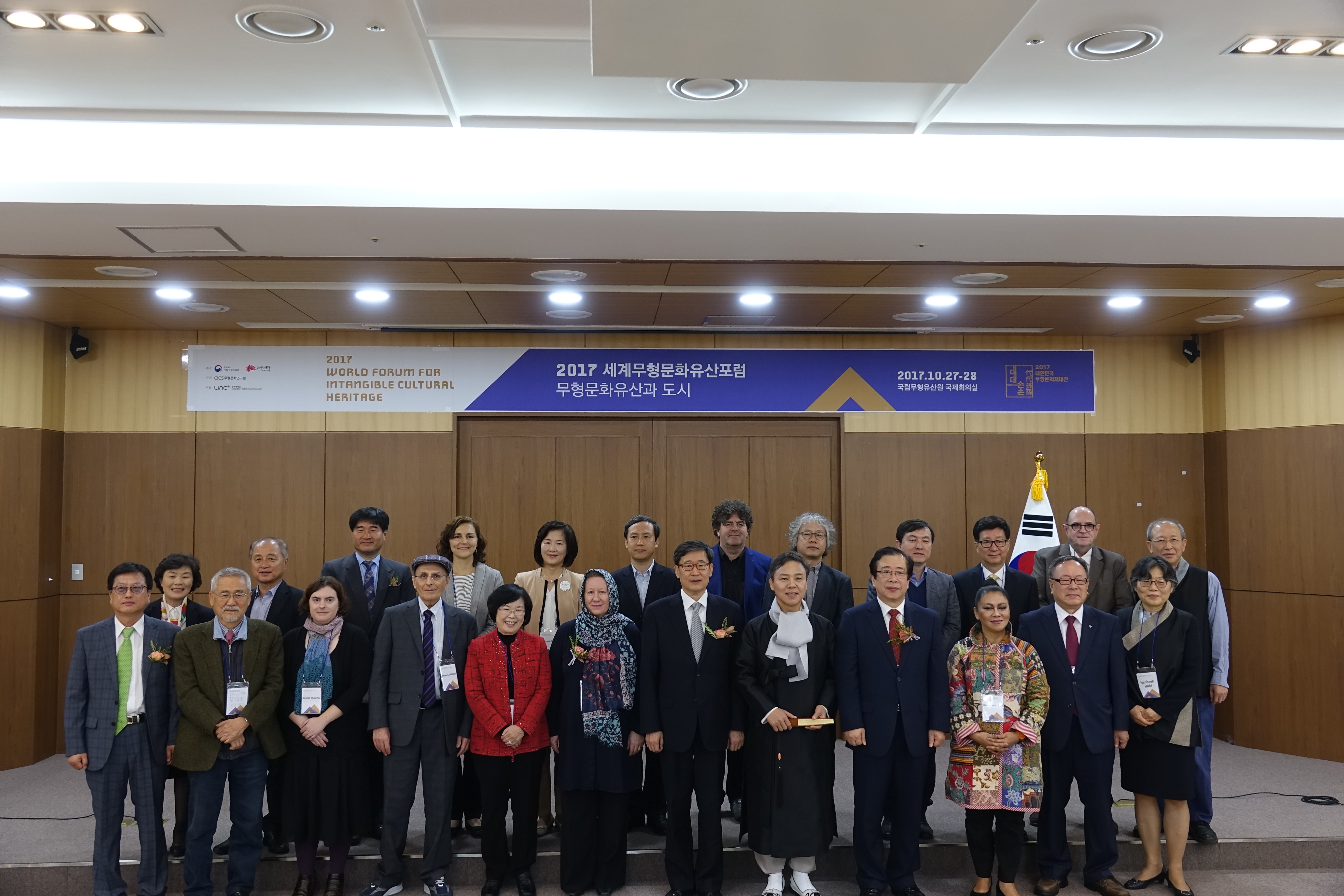
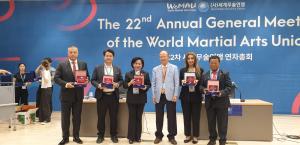
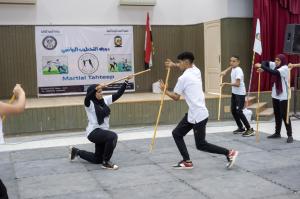
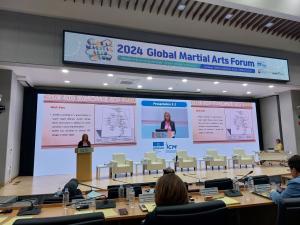

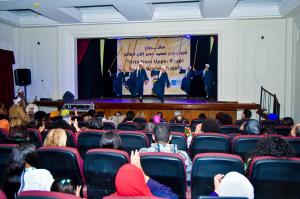
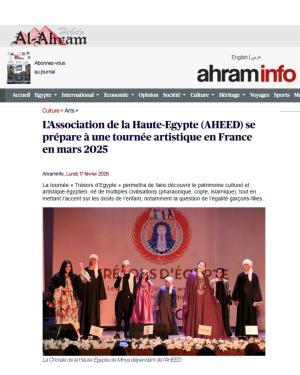
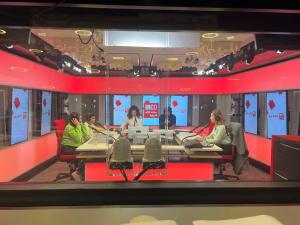
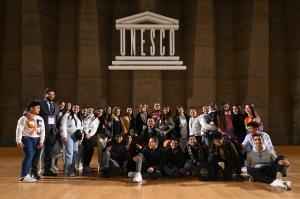














.jpg)






















.jpg)











